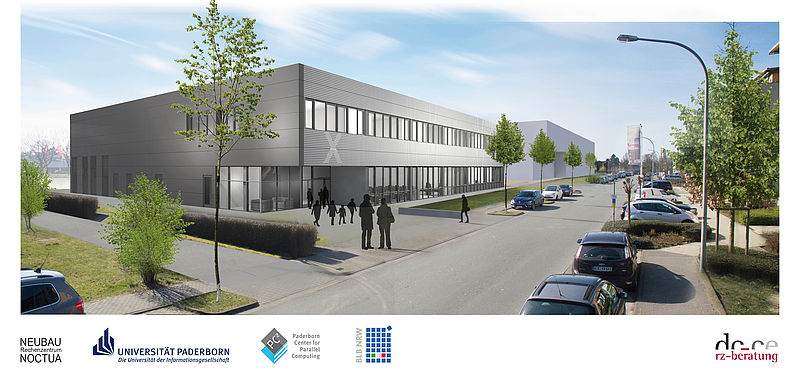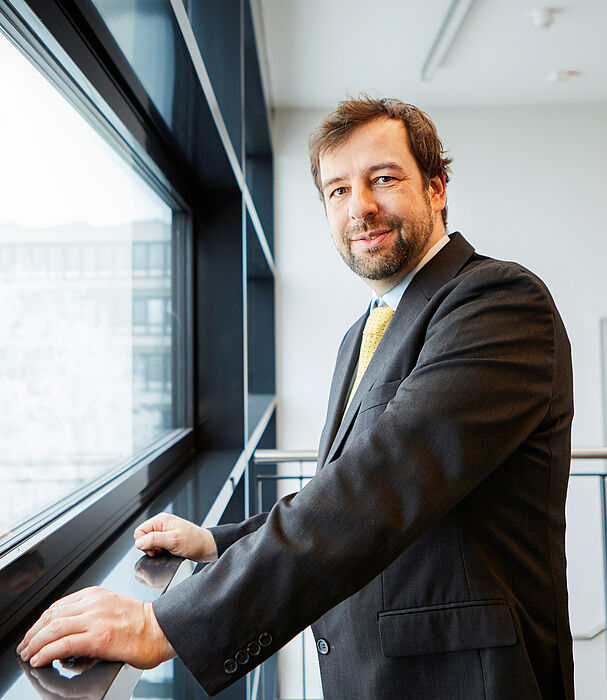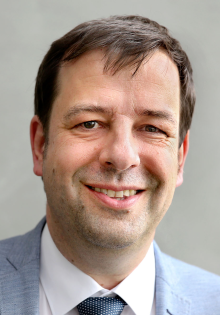Up to 75 million euros from the federal and state governments for high performance computing at Paderborn University
The High-Performance Computing Center of Paderborn University is accepted into the newly founded National High-Performance Computing Centers Association (NHR). The Joint Science Conference (GWK) decided on this today. For this expansion, the University has applied to the Federal Government and the State of North Rhine-Westphalia for funding of 75 million euros for the next 10 years. The University of Paderborn has thus prevailed in a nationwide scientific excellence competition with the goal of expanding scientific specialization and long-term strengthening of the high-performance computing infrastructure and research support services. The NHR network creates a transition from a regional to a national infrastructure that provides access to computers and consulting services to all scientific disciplines nationwide.
Within the network of National High-Performance Computing Centers, which is comparable to the Excellence Initiative for Computing Centers, Paderborn University will in future represent the interdisciplinary focus areas of atomistic simulations, optoelectronics and quantum photonics as well as machine learning for intelligent systems throughout Germany. "With the NHR Center, we are directly linking up with top-class research, initiatives and research infrastructures and bringing this competence into the nationwide network. Thanks to the funding, we are now able to purchase several generations of high-performance computers, expand the range of technical consulting and training services as well as cover additional operating and personnel costs", explains Prof. Dr. Christian Plessl, CEO of the Paderborn Center for Parallel Computing (PC²). At the PC², scientists will further deepen the already established methodological focal points in simulation methods and numerics for computational science on the one hand and computer system research for energy-efficient high-performance computing on the other.
Consistently pursuing a pioneering role
"With the expansion into a national high-performance computing center, we are creating a research infrastructure that will make the university even more attractive. I am very pleased that we are enabling even more internationally visible research here with the further structural development," emphasizes Simone Probst, Vice President for Operations at Paderborn University. With the new NHR Center, the university strengthens the path of specialization it has taken with the research building and supercomputer Noctua. The NHR funding provides additional resources to consistently pursue the goal of a pioneering role in the field of efficient and innovative high-performance computing (HPC) systems. "From the users' point of view, HPC is already an indispensable basis for complex simulations in computational natural sciences and engineering", says Prof. Dr. Thomas Kühne, Deputy Chairman of the PC².
From a regional to a national network
"The high-performance data center currently under construction, which will be completed next year, plays a central role for us because it is highly optimized for the energy-efficient operation of HPC systems with direct hot water cooling. In the past, we have mainly operated our HPC systems on a regional and local state evel. We are all the more pleased that we will be able to make our competences and resources available on a national level in the future and to further expand our expertise in the focal areas", Plessl explains. The Paderborn scientist sums up: "The fact that GWK has approved investments in the order of 100 million in Paderborn within the research infrastructure and NHR program is proof of the excellence and immense importance of computer-aided science for Paderborn University.
Furhter Information:
- Press release of Paderborn University (in German)
- Press release of the Joint Science Conference (in German)
- Press release of the NRW Ministry for Culture and Science (in German)



